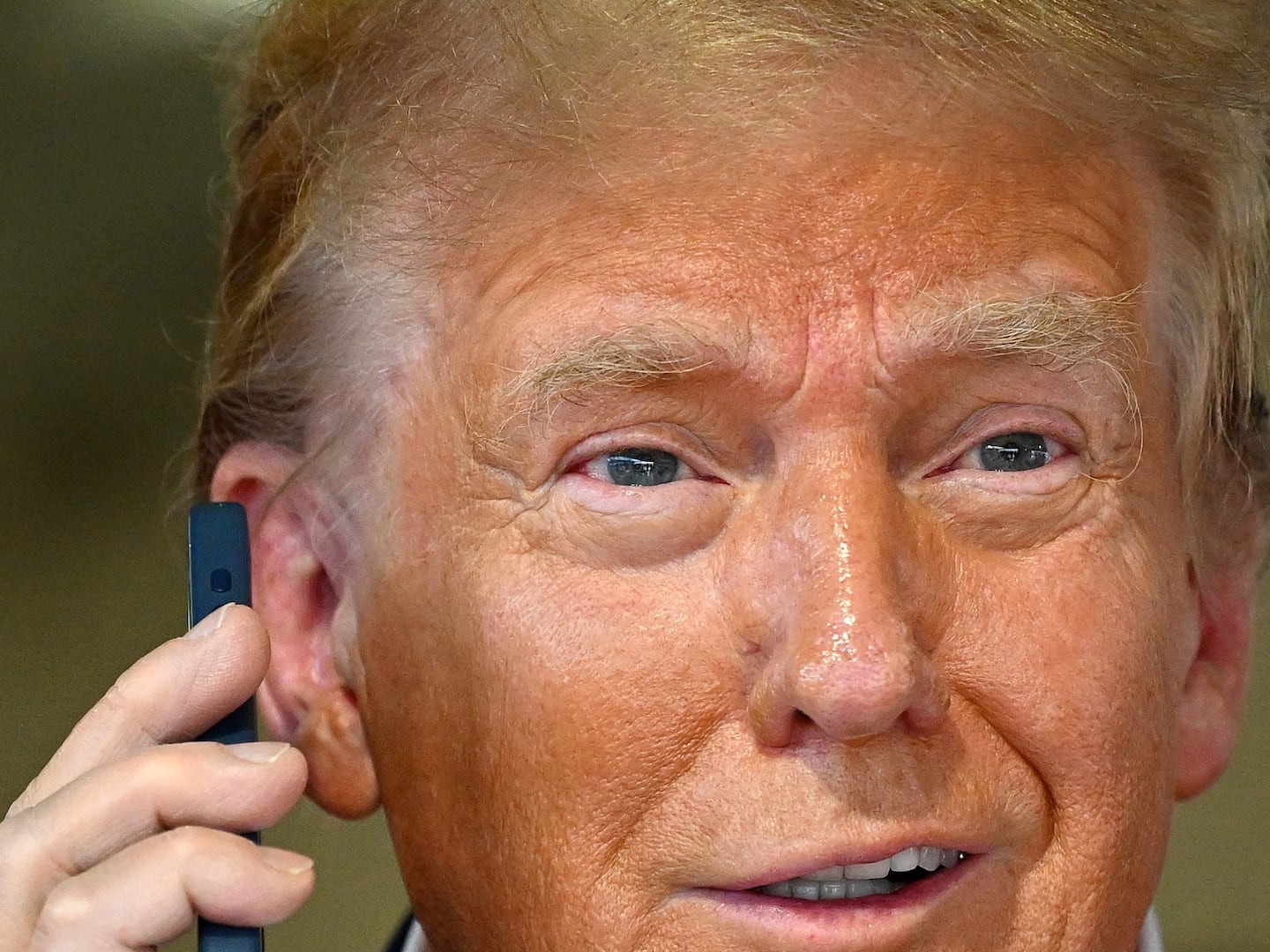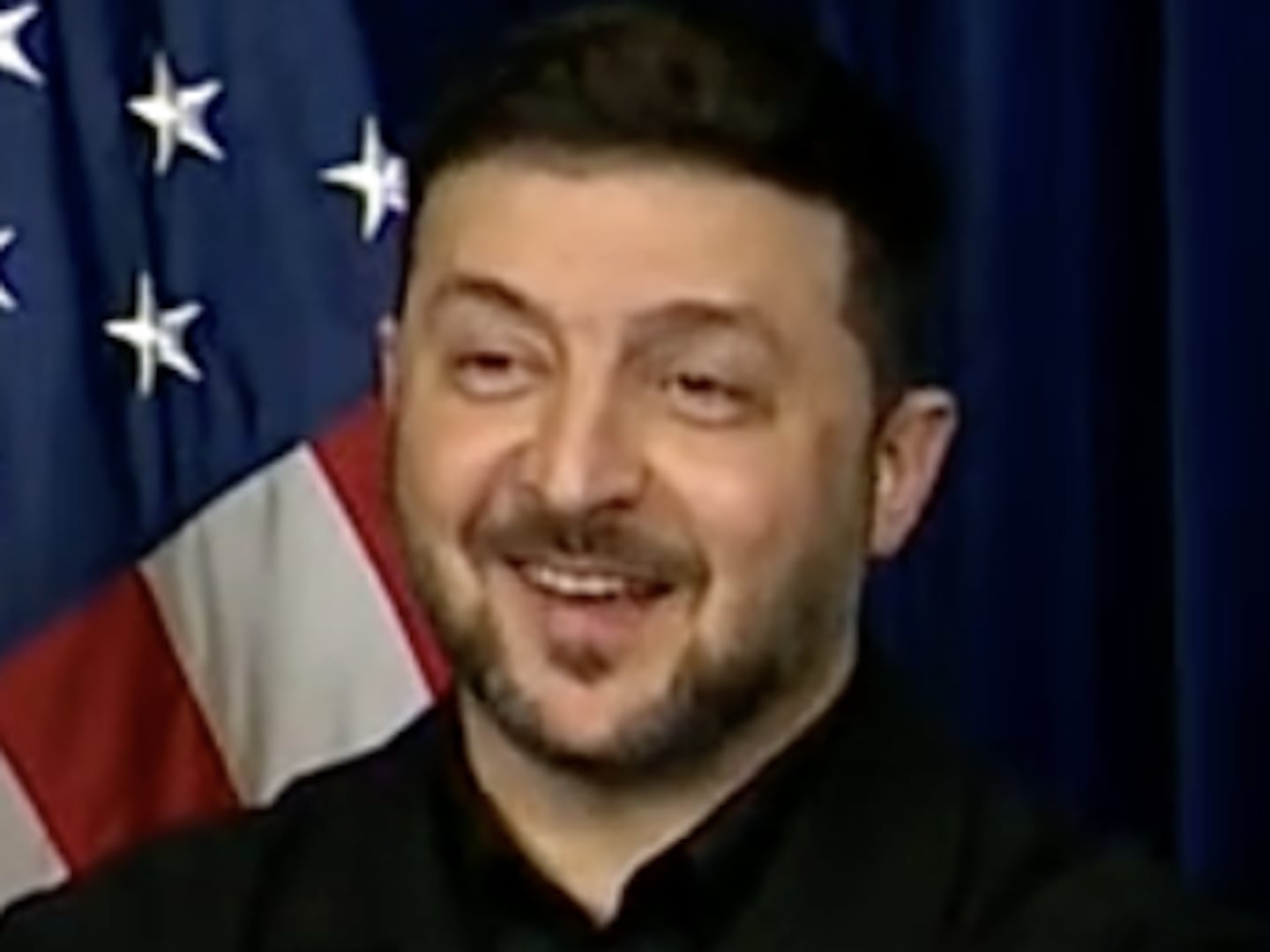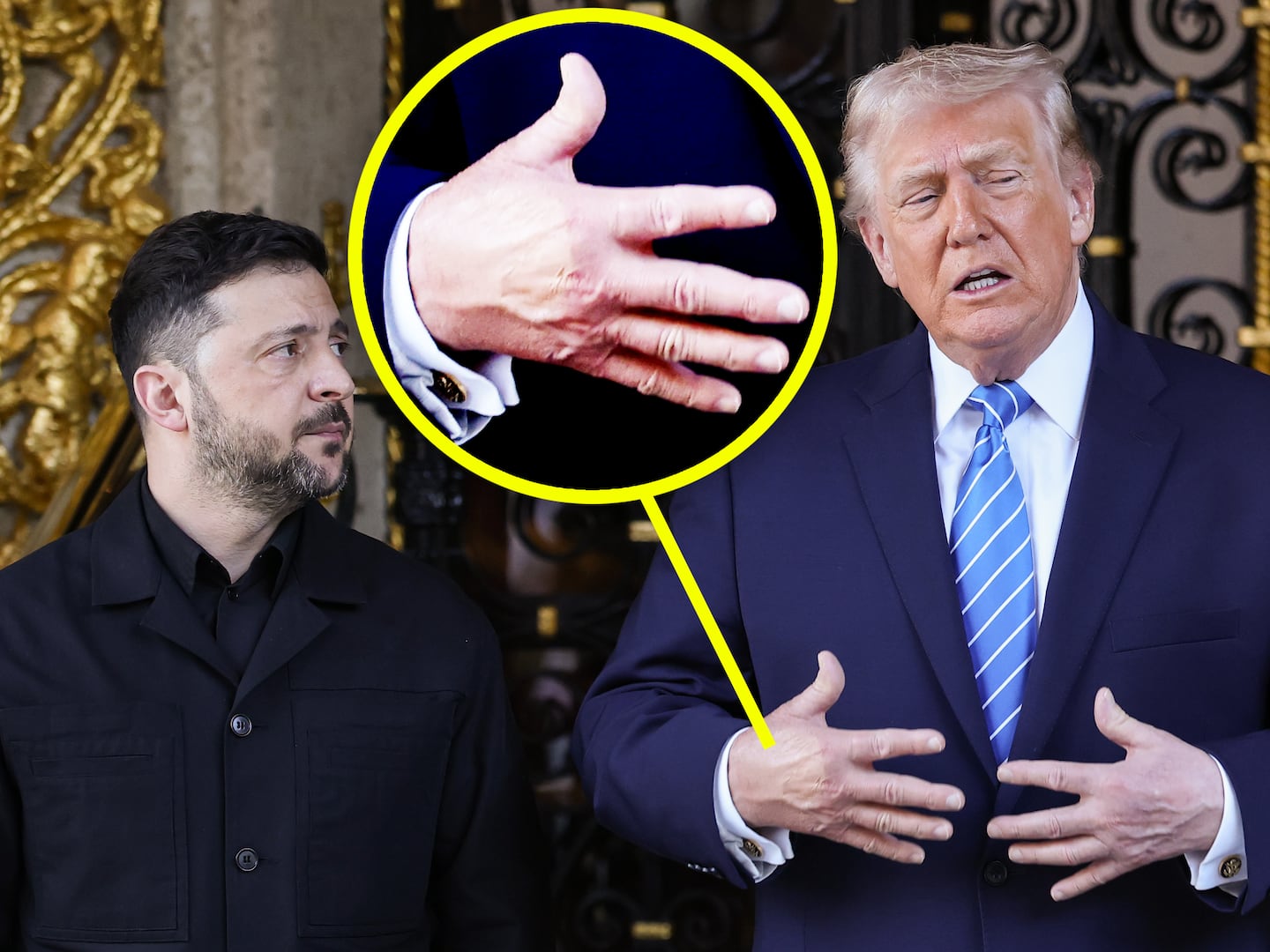Over two decades in power, Vladimir Putin’s overriding ambition has been to end what he sees as the humiliation of Russia after the end of the Cold War. To achieve that, he has told a story and built a regime with spying at its core. He has stoked up ever-intensifying cycles of spy fever—focusing on both the hunt for enemy spies and the lionizing of Russia’s own intelligence officers. This has been used to legitimize his regime but, in turn, has trapped Russia’s leader in a cage from which he cannot escape and made relations with the West almost impossible to improve.
In December 1999, Vladimir Putin appeared at the Lubyanka, the imposing headquarters of Russian intelligence near Red Square. The former KGB officer had just been appointed prime minister and was soon to ascend to the presidency. He was there for the annual birthday celebration for Russia’s spies. After turbulent years, change was in the air. Over champagne, Putin told his former colleagues that the team they had sent undercover had now completed the first part of their mission and taken over the government. Behind the joke lay a deeper belief—that only a KGB officer could restore the strength of the state, which in turn could protect the motherland.
Putin famously described the end of the Cold War as the greatest geopolitical catastrophe of the 20th century. This was not out of a fondness for communism but rather because of what the end had brought—misery for Russia. Putin’s mission was to bring that humiliation to an end. One of the central ways he would do that was to focus on spies, using an obsession with them to solidify his hold on power.
Putin breathed new life into his own decaying intelligence services, turbocharging them with more resources, a renewed sense of purpose and a license to take risks. Russia’s spies would once again be made a source of pride at home as well as a means to exert power abroad. Spying has long been something Russians consider themselves particularly good at—especially when it comes to playing the long game. While other countries also mythologize their spies, James Bond and Jason Bourne are fictional and neither London nor Washington are (yet) run by former members of the CIA or MI6.
Just as important, though, was a focus on villainous, subversive work of enemy spies within Russia and the traitors who worked with them. Many in the KGB believe they only lost the Cold War because Western intelligence subverted the Soviet Union by backing separatist forces and believed their opponents remained determined to prevent Russia returning to her rightful position.
Spy fever was periodically stoked up but with the symptoms evolving each time. When Putin first came to power, the emphasis was on scientists and researchers who sold secrets for money. Unrelenting Western espionage in the ’90s had contributed to a sense of Russia being on the back foot and there was an element of truth to fears in Moscow. Early in the decade, the CIA had literally been turning away KGB officers offering to sell secrets because there were too many.
By the middle of the 2000s, the focus shifted. When Russian TV ran footage of an alleged British MI6 officer in a Moscow park using a high-tech rock to collect information deposited inside by an agent, it came as part of a campaign against Russian non-governmental organizations. In the wake of the “color revolutions” in neighboring countries, Putin and his allies became increasingly convinced that Western intelligence was working through such groups as part of a campaign to subvert his grip on power by encouraging opposition forces.
In 2010, the twin aspects of spy fever collided in an event whose implications were poorly understood in the West at the time and which is the central focus of my new book. In June of that year, the FBI arrested 10 Russian deep-cover intelligence officers operating in the United States. Known as “illegals” because they lacked diplomatic cover, these spies were the pride of first the KGB and then its successor, the SVR, and the subject of extensive mythologizing at home (a wildly popular TV series about an illegal’s World War II exploits was a particular inspiration for a young Putin). Some of this group had spent a quarter of a century building their cover to pass as U.S. or Canadian citizens in order to burrow deep into American society. The actual value of the intelligence they produced was in some ways secondary to the reassurance they provided Russian spymasters that they could still penetrate their “main enemy.” But the group had been betrayed by an SVR officer who had been recruited by the FBI and then run jointly with the CIA.
In the U.S., the arrests were seen as almost comic, an odd Cold War throw-back. But Putin, who had stepped aside from the presidency to be prime minister at the time, was “livid,” throwing papers from his desk in the air when he found out. It cut to the heart of the identity he had created. Russia’s spies had been humiliated, betrayed, and made to look foolish. Worse, he had to swap four Russians who had been convicted of passing secrets to the U.S. and U.K. in return for the return of his illegals. The arrest came as President Dmitry Medvedev flew out of North America, having just eaten burgers with President Barack Obama as part of an ill-fated attempt to “reset” relations. Putin believed his protégé had been played by Washington, a view confirmed by the Libya crisis the following year. And so Putin would announce his return to the presidency. But to his surprise, a series of street protests erupted in December 2011 calling for free elections. The response was to blame this on the familiar enemy of the hidden hand of the CIA. The Kremlin had convinced itself of its own story that it was the one under attack.
Spy fever intensified in the coming years. The illegals who were swapped out were turned into heroes, some of them appearing regularly on TV shows. The percentage of Russians approving of their own spies rose from 35 percent in 2001 to 66 percent in 2018. But more important were the enemies. In 2013 an alleged CIA officer operating in Moscow was arrested and paraded on TV, but by 2016, another was physically beaten up by as he tried to return to his embassy. And Russian spies were unleashed abroad. From the Crimea and Ukraine crisis of 2014, Moscow saw itself as engaged in a conflict with the West—something the other side was too slow to appreciate. New illegals were trained to operate undercover in the West. But these were “cyber illegals”—fast and cheap fake personas who would be set to work on social media to amplify divisions in American politics and repay what the Kremlin saw as the West’s interference in its politics.
Meanwhile, Russian military intelligence—the GRU—was unleashed, encouraged to carry out ever more brazen and aggressive acts. This included extending the hunt for traitors beyond Russia’s borders. Most strikingly, this involved seeking revenge for that humiliation in 2010 and using a chemical weapon to try and kill one of the four men who had been swapped, Sergei Skripal, in the quiet English town of Salisbury. Along with the interference in American politics, this act would spiral relations with the West further downwards.
Using spy fever to maintain your grip on power requires intensifying its message to avoid its effects wearing off. It leaves little room for de-escalation. Or for Putin to feel able to step back from power, as witnessed by his recent plans to restructure Russia’s leadership. Putin’s posture, based on the idea of Russia being a “besieged fortress,” has created a self-fulfilling narrative—an iron cage that sits around the man at its center. He is a prisoner of his own ideology and the system he has created, unable to relinquish his grip or the focus on his enemies for fear of there being nothing else left. And for that reason, the West should prepare for little to change in the years ahead.
Gordon Corera is the author of Russians Among Us—Sleeper Cells, Ghost Stories and the Hunt for Putin’s Spies.






